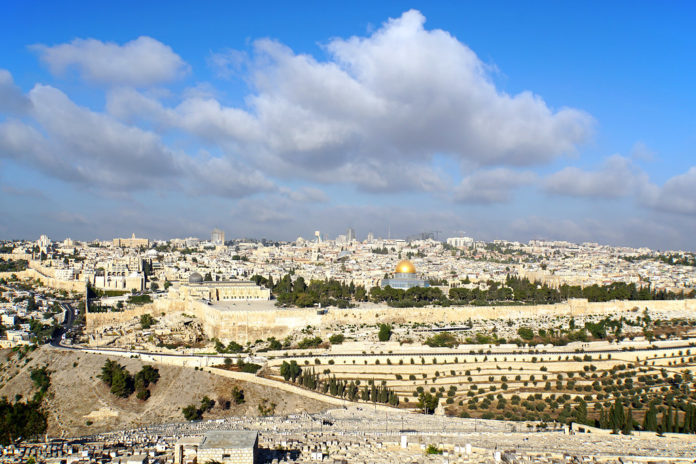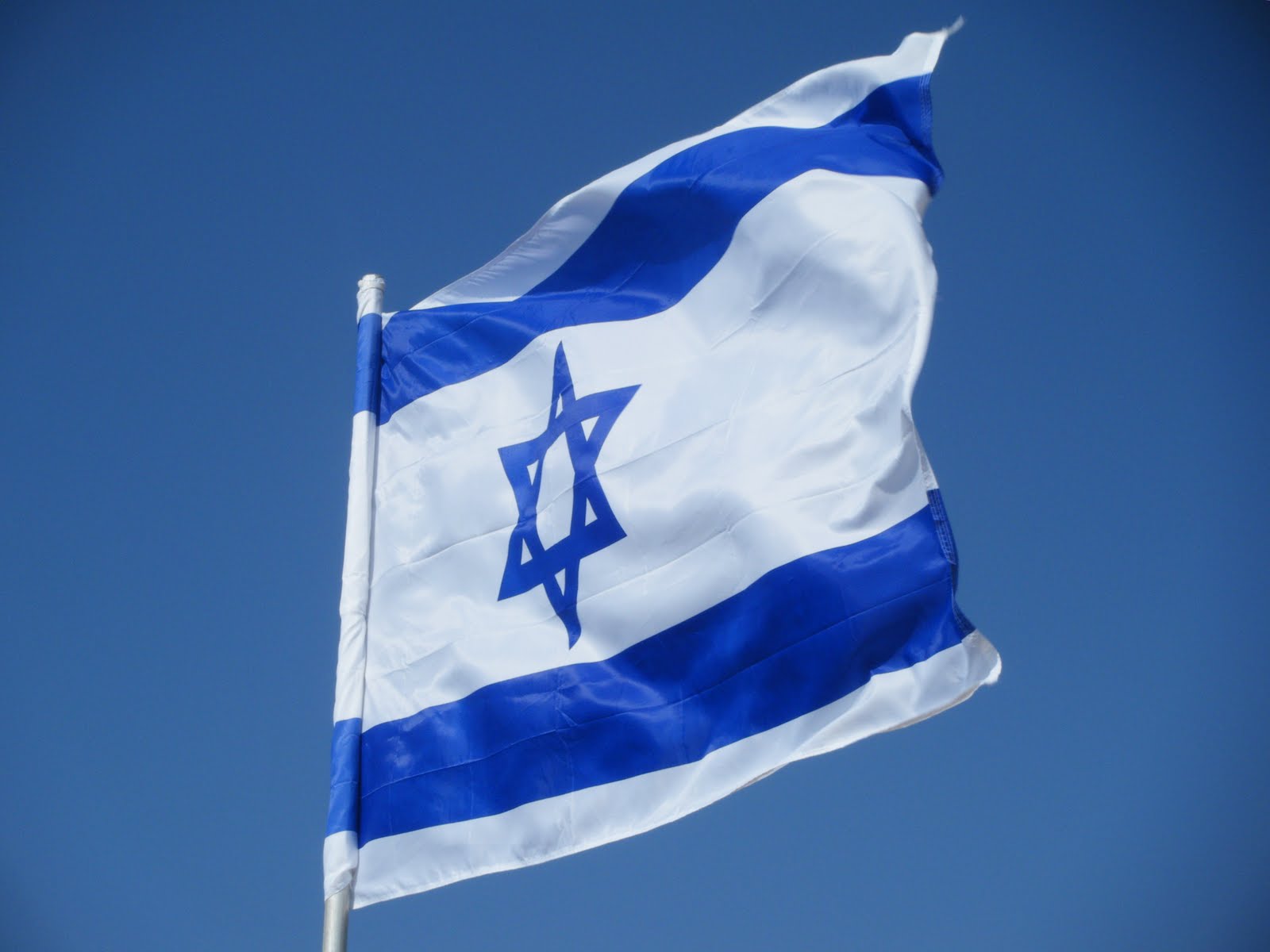
The current corona virus crisis has toppled the world order, sent stock markets plummeting and reshaped human consciousness. For many, it is,and will remain the most shocking event of their lifetimes. We certainly don’t know WHY G-d is challenging humanity, but we acknowledge that the crisis challenges us to reconsider our modern world, its potential and its perils.
Many have already delineated the questions we face in the “throes” of this corona crisis. Having been brought to its knees, has humanity been guilty of overconfidence in modern Man, his technology, financial abilities and governments. The common term “flu” is an abbreviated version of the clinical term to describe this sickness: influenza. Ancients believed that this flu sickness was caused by the “influence” of the upper planets which exerted control over human behavior. Ironically, modern science has uncovered that this sickness isn’t driven by large planets but by miniscule and invisible microorganisms called viruses. Humanity has been cast into chaos by an invisible microbe. We aren’t as powerful as we led ourselves to believe.
The epidemic has showcased that perhaps we spent inordinate time preoccupied with social media, and virtual communities at the expense of our actual families (more on this later in the article). The virus has forced us to retreat into our quiet homes and encircle ourselves within our nuclear families with whom we will be spending the next few months– perhaps compensating for the quality time we neglected in the past.
Furthermore, we have been thrust into “survival mode” and our chances of success is based solely on communal and civic responsibility. As careful as we may personally act, our health is a product of the collective responsible behavior of our fellow citizens. This shift into communal experience is a wonderful and transformative opportunity for the “Me generation” to step out of personal individualism and appreciate the interconnectivity of human experience. Individuals- as wealthy or talented as they may be – will not survive this epidemic unless the broader society rallies toward medically responsible behavior.
These and other important “identity” questions have surfaced in the wake of the viral epidemicas we battle with this crisis. Beyond these issues, it is important to explore not just what is occurring and how we are responding, but also HOW it happened and how this pandemic developed. In what manner is this outbreak a consequence of the culture modern Man has created? How are we complicit in creating an environment which enabled this contagion which so imperils humanity? What can we learn about the type of society we crafted and how can we remake our society? This and question must be pondered by all human beings also has particular resonance for Jews.
The past 70 years has witnessed a globalization of Western Civilization. We defeated the notorious enemies of democracy- the Nazis and the Communists- and imagined a world ofcommon interest and uniform ideology all worshipping in the temple of democracy.
The world seemed to be “flattening” into a pleasant meadow of joint beliefs and mutual experiences. Cultural differences and national markers seemed far less important than “commonality”and “uniformity”.
The internet provided ‘jet fuel’ for this process of globalization as it shaped a “global village”of common language and easy communication.This sparkling global village created unprecedented economic opportunities, as pooled resources and shared markets created limitless supply and limitless demand.
Perhaps the most palpable symbol of this globalization was the popularization of global travel. The travel industry and the travel culture grew extraordinarily. Whether for business opportunity of for leisure we eagerly journeyed across the global village. Mobile warriors were no longer localized members of communities but “citizens of the world” comfortable across the broad expanse of the extended global village.
Ironically, it is precisely the increase of travel which fueled this epidemic. Viruses constantly mutate and leap from the animal kingdom to the human realm posing potential for pandemics. However, without a ‘carrier’ method a virus will only infect the local population which at some point will develop immunity and check the potential for global spread. A pandemic can only occur if the virus is delivered by human movement to faraway locations. In the early 19th century, cholera was imported into the European theater by Russian soldiers returning from their wars in Asia. If an infection cannot travel its contagion will be geographically limited and will quickly fade. Ironically, corona wasn’t carried by soldiers at war but by a world of jetsetters traveling a world without boundaries. The modern global village created travel patterns which propelled this pandemic.
Ultimately, this virus should force us to consider the challenges of globalisation. Without question, Mankind is struggling to strike a balance between national identity and global identity. Globalization unleashes enormous human potential but also threatens the notion of human communal experience. Human communities are unified by common valueslocal to that “community”; our local communities share common religious, ethnic, racial or family values and these particular values create a life of shared experience within a contained community. Life in a global village doesn’t endorse the local and communal codes which create integrated communal experience. Lacking these “connectors” we naturally sink into a “Me” generation of individuals -well-resourced in the global village but none the less living lonely. Social media fooled us by tempting us with fake communities in leu of actual communities of friends and family. Social media creates “echo chambers” which merely reinforced our individual interests rather than creating communities of bonded experience.
Corona has literally shut the borders which the past 70 years have pried open. This closure – even if temporary – should remind us that humanity must craft a balance between parochialism and globalism. We need to create societies of acceptance and equality but somehow also create communities of bonded identity around national or religious shared interests. This appears to be the challenge facing modern Man in the shadow of corona virus.
For Jews, the challenge is even more pronounced. Over the past 200 years the world has opened its doors to the Jews, and, for our part, we have assumed our rightful place in the march of humanity. We have immersed in the surrounding culture and have embraced political activism while fully participating in our surrounding cultures. Not surprisingly we fly across the world; even kosher-eaters aren’t restricted in their travel, as kosher food has become globally available. Has the globalization of Judaism effaced the notion that we are a “unique” nation selected by G-d for mission and expected to lead a life of national identity punctuated by halachik and cultural differences.This is an important moment to assess whether globalization has diminished our Jewish identity. Ideally, halachik fidelity should reinforce our sense of ‘difference’ and national identity but that may not always be the case. Sometimes our halachik behavior can be shallow rather than existential and our observance can be limited to practice rather than trickling down to our identity. If we can attend major sporting events while comfortably purchasing kosher food, are we in danger of diluting our unique sense of Jewish identity? The Jews of Egypt abandoned all halachik observance while maintaining robust cultural identity. This stout Jewish identity was manifest in their Jewish language, Jewish names and Jewish clothing. Ultimately, these identity markers provided a platform for the resuscitation of Jewish identity and the Segway into halachik observance. If that platform teeters the entire structure becomes endangered.
As the weeks of this health crisis pass by, we learn more about ourselves as humans and as Jews. Let us pray that G-d spares humanity any more suffering. Let is hope that we continue to better understand our condition and find the wisdom to improve it.









